
Home
Publications
Publications
Showing 0 to 0 of 0 results
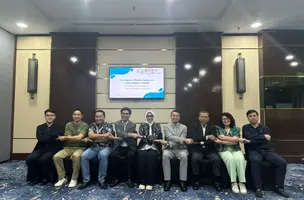
Statements
2025-07-08T12:00:03
ASEAN Parliamentarians Commit to Address Human Rights Violations through Joint Action on Transboundary Plastic Pollution
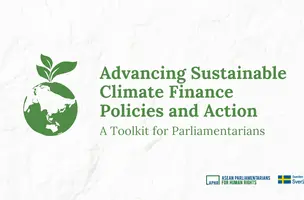
Tools for MPs
2024-07-24T13:55:14
Toolkit for Parliamentarians: Advancing Sustainable Climate Finance Policies and Action
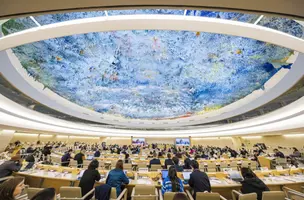
Tools for MPs
2024-03-20T16:34:22
Toolkit for Parliamentarians: Promoting an Inclusive Malaysian Society through the Universal Periodic Review (UPR) Process
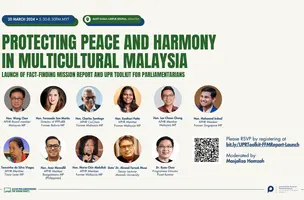
Events
2024-03-15T11:10:57
Protecting Peace and Harmony in Multicultural Malaysia: Launch of FFM Report and UPR Toolkit for Parliamentarians
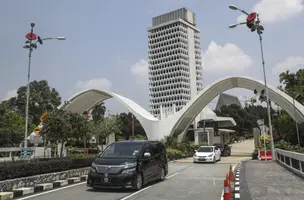
Tools for MPs
2023-12-04T09:33:56
A Toolkit on Advancing Human Rights through the Malaysian Legislative Process
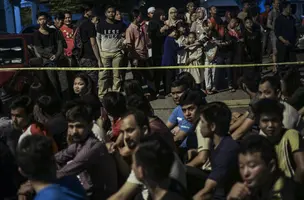
Statements
2023-06-08T14:11:56
APHR launches toolkit, urges fellow legislators in Malaysia to counter hate speech towards migrants
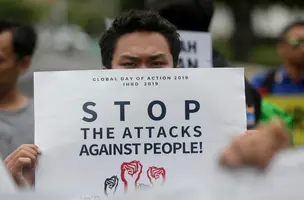
Tools for MPs
2022-06-21T07:47:56
Toolkit – Universal Periodic Review (UPR) in Indonesia
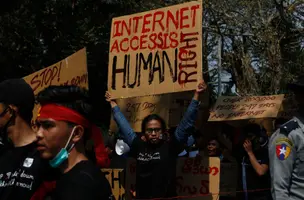
Tools for MPs
2022-03-02T10:38:54
Toolkit – Promoting Internet Freedoms in Southeast Asia

Tools for MPs
2021-09-30T04:58:21
Toolkit – Transition to a Green Economy after COVID-19
TOP
ASEAN Parliamentarians for Human Rights (APHR) was founded in June 2013 with the objective of promoting democracy and human rights across Southeast Asia. Our founding members include many of the region's most progressive Members of Parliament (MPs), with a proven track record of human rights advocacy work.
Copyright © 2024-2025 All Rights Reserved - ASEAN Parliamentarians for Human Rights (APHR)
Website by Bordermedia